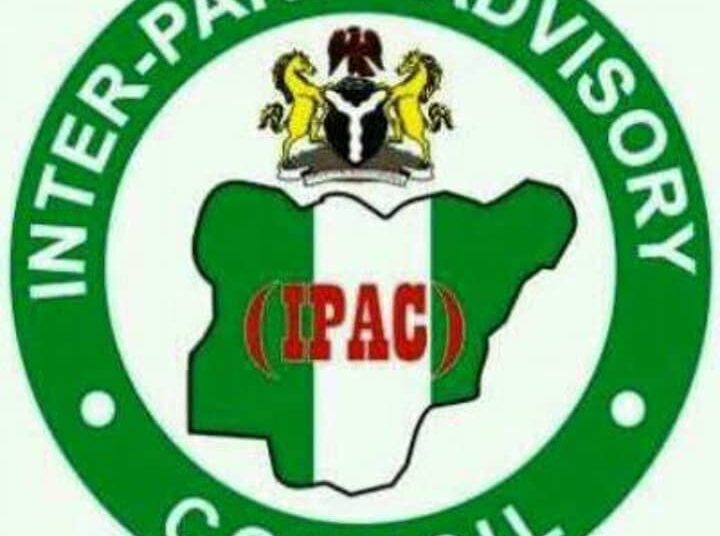National chairman of the Inter Party Advisory Council (IPAC), Dr. Yusuf Mamman Dantalle, has reaffirmed the group’s commitment to deepening democracy and improving electoral processes ahead of the 2027 general elections.
All registered political parties in Nigeria are members of IPAC.
The council stated this yesterday at a meeting with the ECOWAS Network of Electoral Commissions (ECONEC) Post-Election Follow-up and Needs Assessment Mission to Nigeria.
Speaking at the IPAC National Secretariat in Abuja, Dantalle lauded ECONEC’s continuous efforts in promoting free, fair, and credible elections across the West African sub-region.
He acknowledged the vital role the mission plays in evaluating Nigeria’s implementation of recommendations issued by the ECOWAS and African Union Election Observation Missions following the 2023 general elections.
“We are indeed excited to welcome you to Nigeria and to have you with us today,” Dr. Dantalle said, adding that ECONEC’s work is aligned with IPAC’s mission to strengthen democracy through stakeholder engagement and adherence to global best practices.
The ECONEC mission, led by the chairperson of Liberia’s National Elections Commission, includes representatives from other West African electoral commissions, staff from ECONEC’s Secretariat, and experts from International IDEA and EISA.
Dantalle highlighted progress made by IPAC in response to several key ECONEC recommendations:
He said IPAC has partnered with organizations such as the Westminster Foundation for Democracy, the Kukah Foundation, and INEC to conduct mediation and dialogue training, aimed at preventing election-related violence and protecting observers on the field.
He added that political parties under IPAC have been sensitized on the importance of deploying knowledgeable agents.
However, Dantalle noted that financial limitations prevent many smaller parties from deploying agents nationwide, renewing calls for the reintroduction of annual grants to political parties.
He said the Council has transitioned from a Code of Conduct to a full Constitution—launched just a day prior—designed to reduce electoral disputes and promote intra- and inter-party harmony.
Dantalle criticized the persistent culture of post-election litigation and accused some politicians of leveraging election tribunals as avenues for political bargaining.
He said despite persistent challenges, IPAC, in collaboration with INEC, continues to engage in voter education to reduce reliance on divisive political narratives.
He warned against the ongoing trend of zoning and religious rhetoric as Nigeria heads toward the 2027 polls.
Dantalle emphasised that IPAC has consistently engaged the public on political tolerance, especially through pre-election peace accords facilitated by the National Peace Committee.
However, he noted that voter intimidation, hate speech, and vote trading remain persistent problems.
Acknowledging that Nigeria’s democratic journey is still a work in progress, Dantalle concluded by calling for continued collaboration with ECONEC and other development partners to sustain electoral reforms.
“We are conscious that a lot more needs to be done,” he stated. “With the support of ECONEC, INEC, and other partners, we shall overcome these challenges and foster election integrity and credibility, which are essential in rebuilding trust and deepening the nation’s democracy.”
He expressed gratitude to the ECONEC delegation and wished them a fruitful mission and safe travels.






